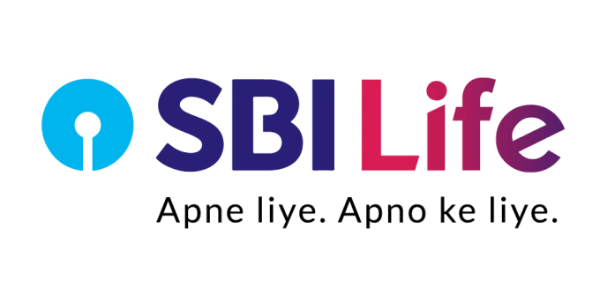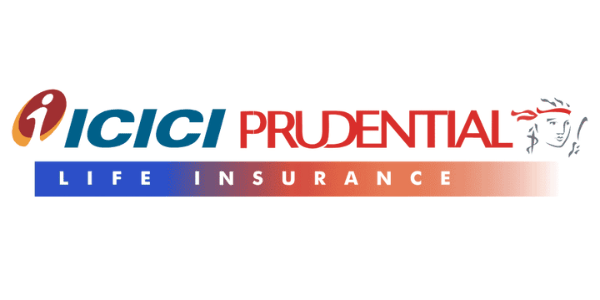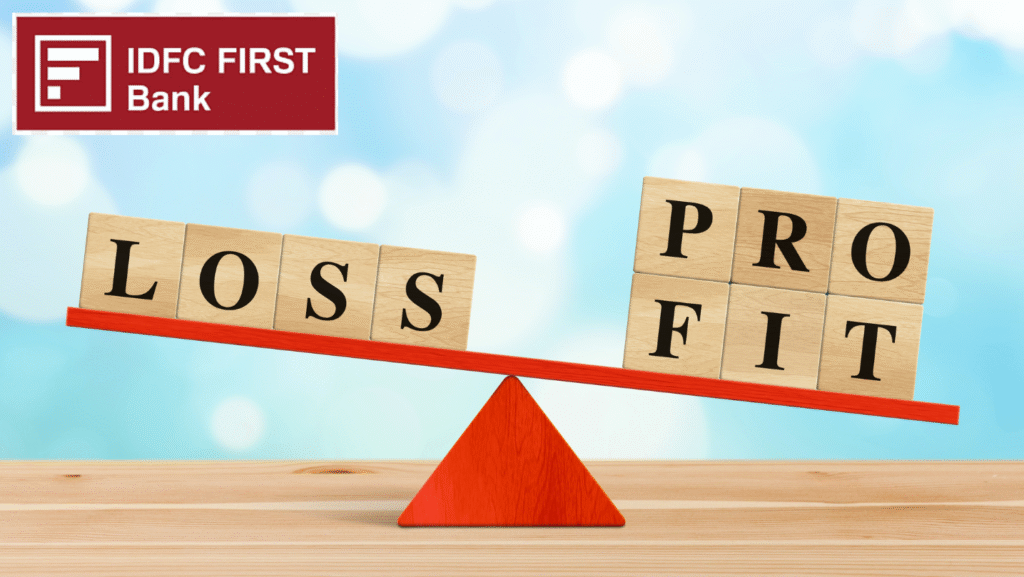
Explore whether opting for an 80-year term life insurance at age 27 is a smart financial move in India. Discover the benefits, challenges, and expert insights to secure your family’s future with the best term insurance plans.
Why Consider Term Life Insurance at 27?
At 27, you’re likely at the cusp of significant life milestones—starting a career, planning a family, or even buying a home. Amid these exciting times, financial planning might not seem urgent, but securing your family’s future is a decision that pays dividends. Term life insurance, known for its affordability and high coverage, is a popular choice in India. But is committing to an 80-year term life insurance policy at 27 a wise choice? With coverage extending potentially to age 107, this decision requires careful evaluation.
In 2025, India’s life insurance sector is booming, with new business premiums rising by 10.8% to ₹52,427 crore from April to May, driven by first-time buyers prioritizing essential life cover. This blog explores the key considerations of opting for an 80-year term life insurance policy at a young age, incorporating the latest data, and actionable insights to help you make an informed decision.
What is Term Life Insurance?
Term life insurance is a pure protection plan that provides a death benefit to your nominees if you pass away during the policy term. Unlike whole life insurance or ULIPs, it doesn’t offer maturity benefits or savings components unless you opt for a Term Return of Premium (TROP) plan. Its simplicity, affordability, and high sum assured make it a cornerstone of financial planning in India.
Key features of term life insurance include:
- Affordable Premiums: A 27-year-old non-smoker can secure ₹1 crore coverage for as low as ₹520/month.
- Flexible Terms: Policies can range from 5 to 100 years, with some plans offering coverage until age 99 or 100.
- Tax Benefits: Premiums qualify for deductions under Section 80C (up to ₹1.5 lakh), and death benefits are tax-free under Section 10(10D).
- Rider Options: Enhance coverage with riders like critical illness, accidental death, or waiver of premium.
Why Choose an 80-Year Term Life Insurance at 27?
Opting for an 80-year term life insurance policy at 27 means coverage until age 107, essentially providing lifelong financial protection. Here’s why this could be a smart move:
- Locking in Low Premiums Early
At 27, you’re likely in good health, which translates to lower premiums. For example, a 27-year-old non-smoker can get ₹1 crore coverage for ₹616/month until age 60, while premiums for the same coverage rise to ₹1,199/month by age 45. An 80-year term locks in these low rates for decades, shielding you from premium hikes as you age or develop health issues.
- Comprehensive Financial Security
An 80-year term ensures your dependents—spouse, children, or aging parents—are financially protected for nearly a century. This is crucial in India, where education costs are soaring (school fees rose 50-80% between 2022 and 2025). A high sum assured (10-15 times your annual income) can cover living expenses, education, and loans.
- Flexibility and Customization
Modern term plans offer flexibility:
- Payout Options: Choose lump sum, monthly income, or a combination.
- Riders: Add critical illness or disability coverage for comprehensive protection.
- Whole Life Coverage: Some plans extend to age 99/100, acting as a legacy for your family.
- Tax Efficiency
Premiums up to ₹1.5 lakh annually are deductible under Section 80C, and death benefits are tax-free under Section 10(10D). This makes an 80-year term a tax-efficient tool for long-term financial planning.
- Peace of Mind
Knowing your family is secure, even in your absence, offers immense peace of mind. This is especially relevant for young professionals in India, where 54% of Gen Z (ages 21–29) prioritize retirement planning through life insurance.
Challenges of an 80-Year Term Life Insurance Policy
While an 80-year term has significant benefits, it’s not without challenges:
- High Commitment Period
An 80-year term requires consistent premium payments until age 107 or a limited pay period (e.g., until age 60). Post-retirement, relying on savings for premiums can strain finances, especially if healthcare costs rise.
- Limited Maturity Benefits
Traditional term plans offer no maturity benefits. If you outlive the policy, you receive nothing unless you opt for a TROP plan, which has higher premiums.
- Health and Lifestyle Changes
At 27, you may be healthy, but future health issues or lifestyle changes (e.g., smoking) could complicate renewals or additional coverage. Most insurers require medical exams, and pre-existing conditions can increase premiums.
- Changing Financial Needs
Your financial responsibilities at 27 (e.g., supporting parents or a new family) may differ from those at 60 or beyond. A long-term policy might over- or under-cover future needs, requiring periodic reassessment.
- Availability Constraints
While some insurers offer coverage until age 99/100, others cap maturity at 80–85 years. Finding an 80-year term plan with a maximum entry age of 27 may be challenging, as most plans have entry age limits of 60–65.
Is an 80-Year Term Life Insurance Suitable for a 27-Year-Old in India?
To determine if an 80-year term is right for you, consider these factors:
- Financial Dependents
If you have dependents (spouse, children, parents), a long-term policy ensures their financial stability. For example, a ₹1 crore policy can cover education, loans, and daily expenses.
- Income and Liabilities
Experts recommend a sum assured 10–15 times your annual income. If you earn ₹10 lakh annually, aim for ₹1–1.5 crore coverage. Factor in liabilities like home loans, which may require coverage until repayment (e.g., 20 years).
- Retirement Plans
Most Indians retire around 60, after which premium payments can become burdensome. Opt for a limited pay option (e.g., pay until 60) to avoid financial strain in retirement.
- Health Profile
At 27, a clean health record secures lower premiums. Disclose medical history accurately to avoid claim rejections. Consider riders for critical illnesses, given rising healthcare costs.
- Budget and Affordability
Premiums for an 80-year term are affordable at 27 but require long-term commitment. Use a term insurance calculator to estimate costs and ensure they fit your budget.
Top Term Insurance Plans in India for 2025
Here are some of the best term insurance plans offering long-term coverage, based on 2025 data:

- Coverage: Up to age 100
- Premium: ₹520/month for ₹1 crore (27-year-old, non-smoker)
- Features: Critical illness rider, 99.50% claim settlement ratio, return of premium option

- Coverage: Up to age 99
- Premium: Competitive with waiver of premium for critical illness
- Features: Child education support, increasing cover option

- Coverage: Up to age 80
- Premium: Affordable with customizable death benefit modes
- Features: Terminal illness benefit, high CSR

- Coverage: Up to age 100
- Premium: Starts at ₹487/month for ₹1 crore
- Features: Flexible payout options, tax benefits

- Coverage: Up to age 99
- Premium: ₹616/month for ₹1 crore (27-year-old, non-smoker)
- Features: Critical illness cover, premium sabbatical benefit
Note: Premiums vary based on age, health, and lifestyle. Use a term insurance calculator for accurate quotes.
Expert Tips for Choosing an 80-Year Term Insurance Plan
- Compare Plans Online: Use platforms like Policybazaar or BankBazaar to compare premiums, coverage, and CSR.
- Check Claim Settlement Ratio (CSR): Opt for insurers with a CSR above 95% for reliable claim payouts.
- Add Riders: Enhance coverage with critical illness, accidental death, or waiver of premium riders.
- Opt for Limited Pay: Pay premiums until retirement (e.g., age 60) to ease post-retirement finances.
- Use a Term Insurance Calculator: Estimate premiums and sum assured based on income and liabilities.
- Review Regularly: Reassess coverage every 5–10 years to align with changing financial needs.
Common Myths About Long-Term Insurance at a Young Age
- Myth: “I’m too young for term insurance.”
- Fact: Buying at 27 secures lower premiums and long-term coverage.
- Myth: “80 years is too long; I don’t need coverage that far.”
- Fact: Long-term coverage ensures lifelong protection, especially for dependents.
- Myth: “Term insurance is expensive.”
- Fact: A ₹1 crore policy costs as little as ₹16/day for a 27-year-old.
- Myth: “I’ll get returns if I outlive the policy.”
- Fact: Traditional term plans offer no maturity benefits unless TROP is chosen.
Is an 80-Year Term Life Insurance Worth It at 27?
Opting for an 80-year term life insurance policy at 27 in India can be a strategic move for those seeking lifelong financial security. The low premiums, tax benefits, and high coverage make it an attractive option for young professionals with dependents. However, the long commitment and lack of maturity benefits require careful consideration. By choosing a reputable insurer, adding riders, and aligning the policy term with your financial goals, you can ensure your family’s future is secure.
In 2025, with India’s life insurance sector growing and offering flexible, affordable plans, now is an ideal time to invest in term insurance. Use a term insurance calculator, compare plans, and consult experts to find the best policy for your needs. Secure your loved ones’ future today and enjoy peace of mind for decades to come.





























